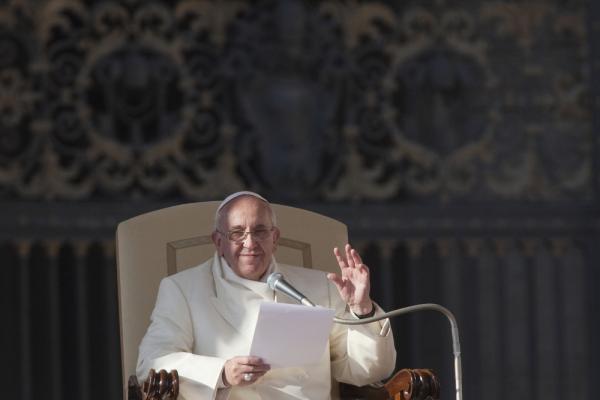Jun 22, 2015
Last week Pope Francis issued a blockbuster papal encyclical on the environment called “Praised Be.” It is the Pope’s clarion call to address what he describes as an urgent global environmental crisis. Sweeping in scope, it addresses the many dimensions of environmental degradation and the devastating toll it is taking on people, communities, and nations.
He writes, “It is my hope that this Encyclical Letter…can help us to acknowledge the appeal, immensity, and urgency of the challenge we face.” The Pope pulls no punches and is clear and direct, “The earth, our home, is beginning to look more and more like an immense pile of filth.”
Read the Full Article

Already a subscriber? Login
